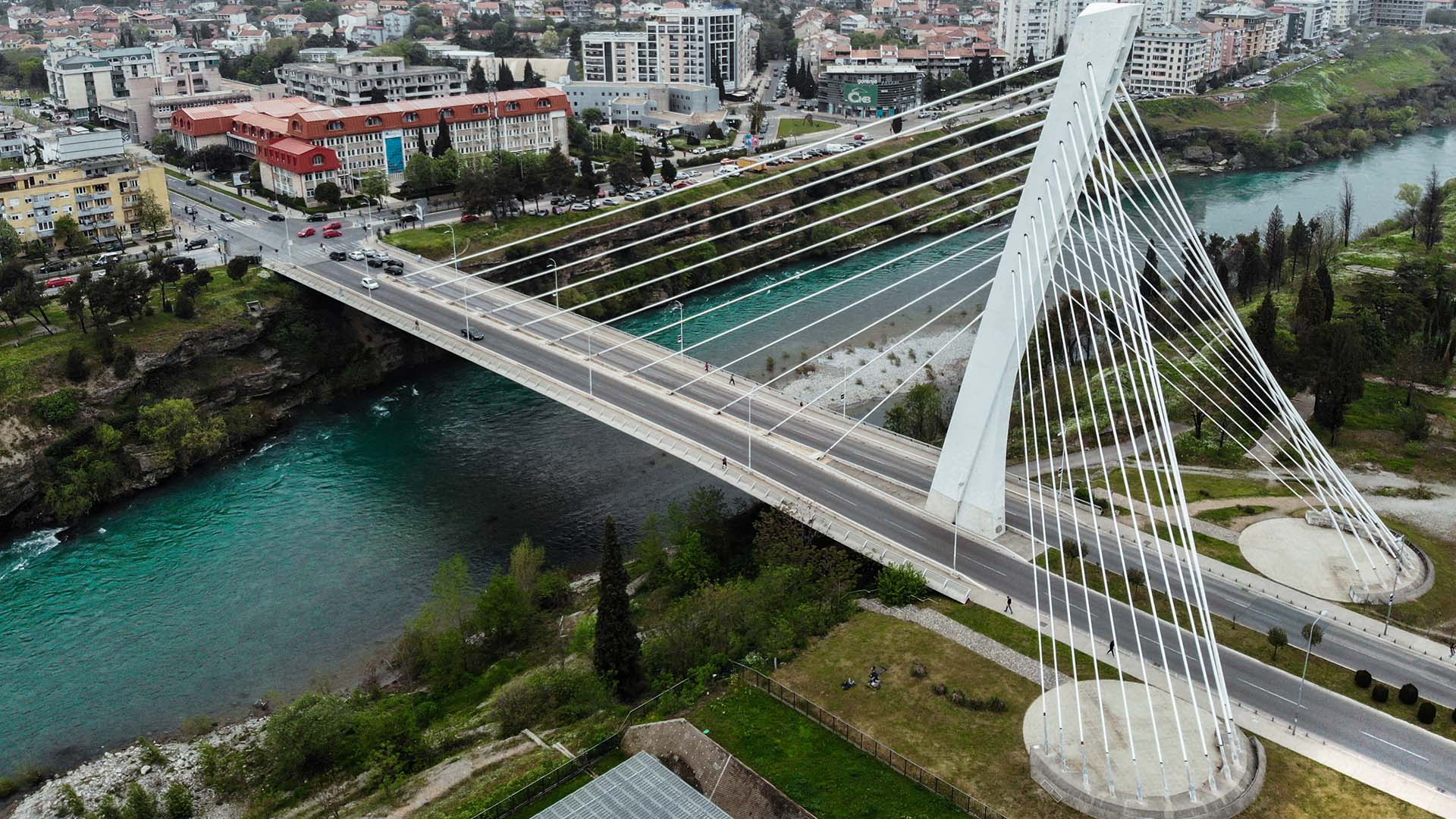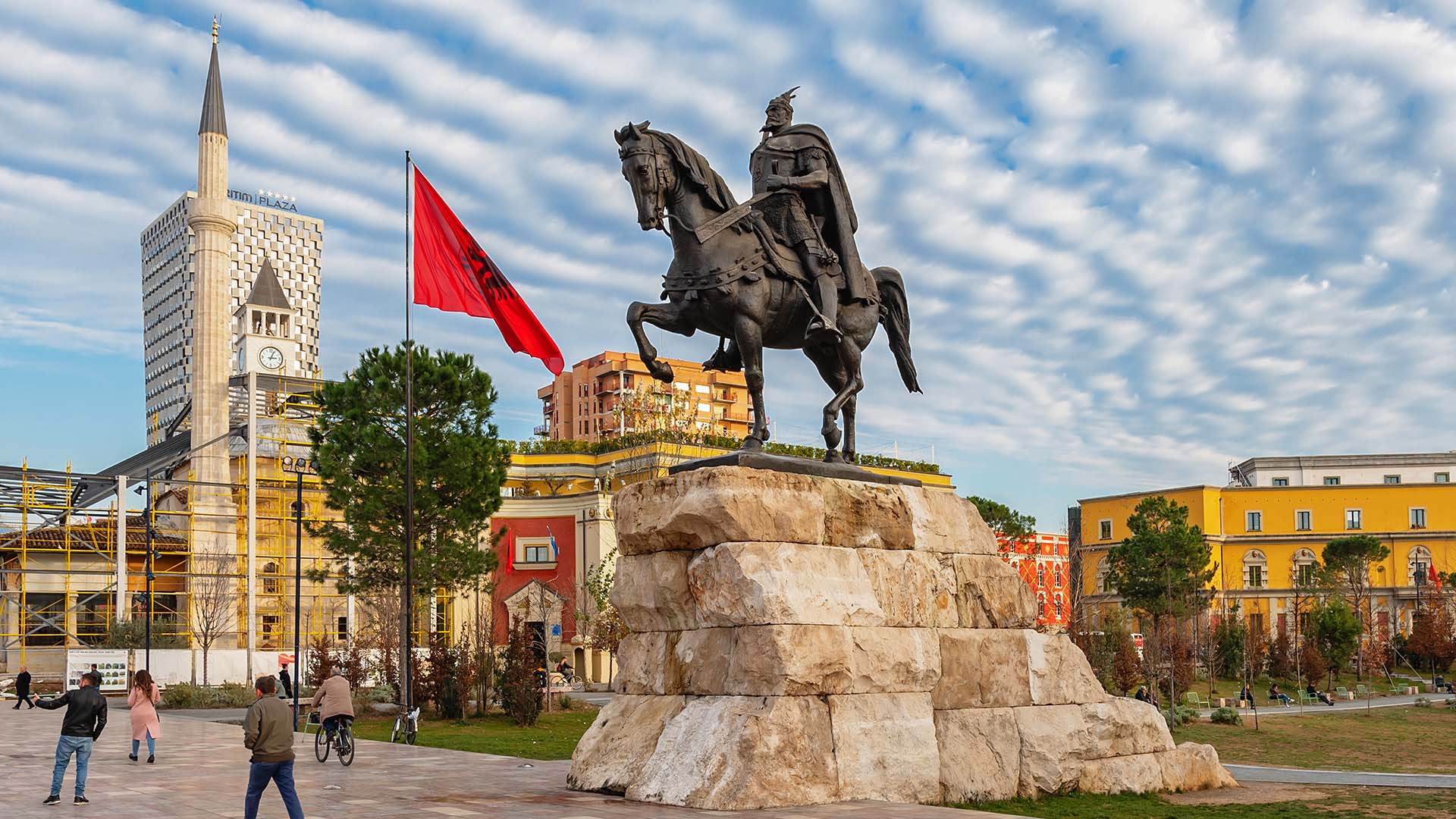February 2024
Context
On January 10th, 2024, Romanian farmers and hauliers engaged in a nationwide protest against the government’s transport and agricultural policies, briefly blocking traffic at border crossings and several cities, including the frontier with Ukraine and the capital’s ring road.






